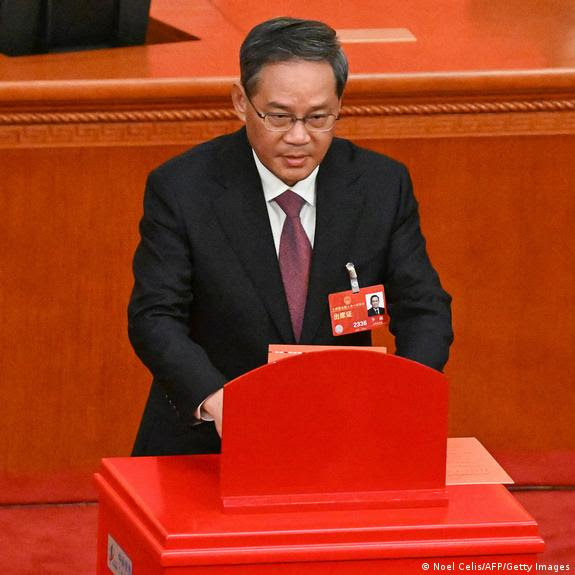A Senate subcommittee held a hearing this week to explore the geopolitical and energy security dynamics at play in Central Asia after U.S. Secretary of State Antony Blinken’s recent trip through Central Asia.
The Senate Foreign Relations Committee’s Subcommittee on Near East, South Asia, Central Asia, and Counterterrorism convened to hear testimony from Assistant Secretary of State for South and Central Asia Affairs Donald Lu and Geoffrey Pyatt, assistant secretary of state for energy resources.
In his opening remarks, subcommittee chairman Senator Chris Murphy said that relying on Russian President “Vladimir Putin to guarantee your independence is a really, really bad bet” and the United States “rethinking whether the ways we have dealt with these nations needs to change” in light of the withdrawal from Afghanistan.
Senator Todd Young, the subcommittee’s ranking member, echoed Murphy’s opening and remarked, “I believe we are at a crossroads in our relationship with the region and we must seize the opportunity to be the partner of choice.”
In their testimony both Lu and Pyatt highlighted the ways in which Russia’s actions in Ukraine, and their effects on the global economy and energy markets, also affect Central Asian perceptions of Russia and their economies. While presenting challenges such as concerns about secondary sanctions and rising food and fuel prices this also provides an opportunity.
In responding to a question from Young regarding waning Russian influence, and opportunities for other partners Turkey, Iran, India, and so on Lu replied, “The best thing Central Asians can do is take what all of us have to offer and take the best deal.”
“Secretary Blinken told his Central Asian counterparts that the United States sees the hardship in Central Asia caused by Putin’s war of aggression, and we want to help,” Lu said in his testimony. “The State Department is seeking to add $20 million this year to support those programs.”
Lu said Jackson-Vanik was raised in each of Blinken’s meetings with his Central Asian counterparts. “It is a real drain on the sense of trust between our countries.”
Turkmenistan was much-discussed in the hearing, particularly in reference to energy security and the difficult dynamics of engaging with the country.
Murphy asked Pyatt what policy tools are available to shift Turkmenistan, acknowledging that Ashgabat is a problem with no simple solution. “There’s not a lot of reason for Turkmenistan to change,” he remarked, highlighting China’s dominant, and domineering, role as Turkmenistan’s largest buyer of natural gas. He asked, specifically, about the prospects of linking Turkmenistan to Europe.
In a follow-up, Young asked for an assessment of Turkmenistan’s vulnerability to economic coercion by China, to which Pyatt replied that the country was “vulnerable to malign influence from both Russia and China.”
Central Asia is uniquely positioned between what U.S. strategic documents characterize as a present menace and a future threat; Russia and China respectively. Although the region gets little attention in mainstream U.S. foreign policy coverage, it’s clear that the U.S. government is thinking carefully about how to approach the region in the wake of the Afghan withdrawal, in light of the war in Ukraine, and with an eye toward competing with China.
In his opening remarks, Murphy noted that in the 30 years since the Soviet Union’s collapse, “our support for the independence, sovereignty and territorial integrity of Central Asian countries” has been a cornerstone of U.S. policy. He furthur added that “Russia’s brutal war of aggression in Ukraine reminds us that the words, these principles, of sovereignty and independence, they have real meaning especially for a region long dominated by Moscow.”
















